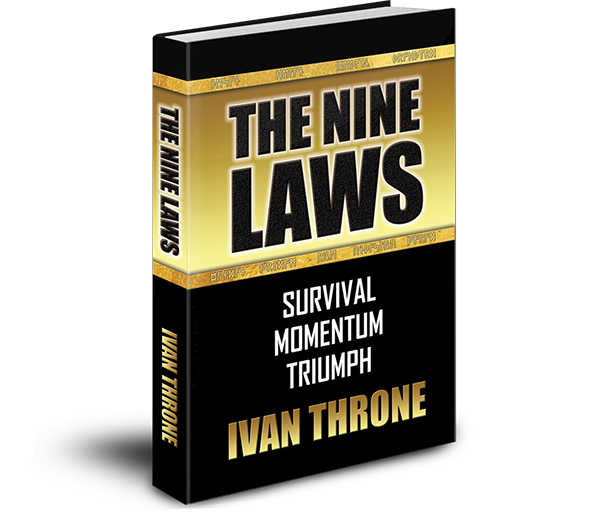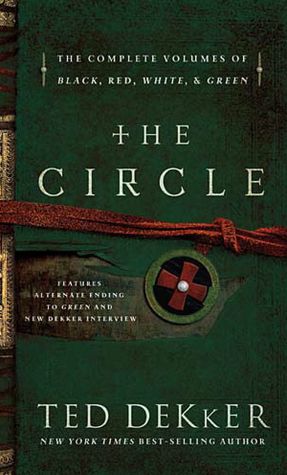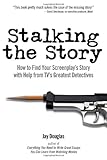In this (very lengthy) discussion of Ivan Throne’s The Nine Laws, we’ve covered a lot of ground. You can read my review of the book here, and the rest of the parts are here:
- The First Law: Survival
- The Second Law: Concealment
- The Third Law: Purpose
- The Fourth Law: Endurance
- The Fifth Law: Posture
- The Sixth Law: Freedom
- The Seventh Law: Power
Today we’re going to cover the Eighth law: Preposterousness. We’re going to examine the following applications from a context of Biblical Christianity:
Narcissism: You are the center of your universe.
Machiavellianism: There is no true reality.
Psychopathy: Absence of ego in absurdity.
Ivan’s comments are in bold italics. I respond to each one below.
Firstly, let’s define some things. “Does the world revolve around me?”
When you hear “You’re the center of your own universe!” it’s generally intended as an insult, or as an observation of someone’s self-centeredness. This is the classic definition of Narcissism: everything is about you.
But if I may, let me redirect your understanding of this, as a possible alternative.
What if when I say “I am the center of my universe,” I mean “I am the central gathering point for information that shapes my reality”?
Let me explain. If we believe (wrongly) that we’re in control of everything, then saying we’re the center of our universe means our actions shape our reality.
But if you understand that our reality is shaped by God for us to conditionally experience (and may not match what other people experience) then you realize that, yes, God has shaped and revealed our reality specifically for each of us. We cannot rely on other people’s interpretations of what we’ve experienced to explain what God’s intentions are. God does not reveal our reality to someone else for them to explain to us. That’s not how God works; that’s how cults are formed.
More aptly put: we are not the center of the universe, we are at the center of our experiences in the reality that God is revealing to us. We are responsible for our reaction to it. We are not the cause of it.
Everything is Ridiculous. Continue reading “The Nine Laws: Part Eight”





